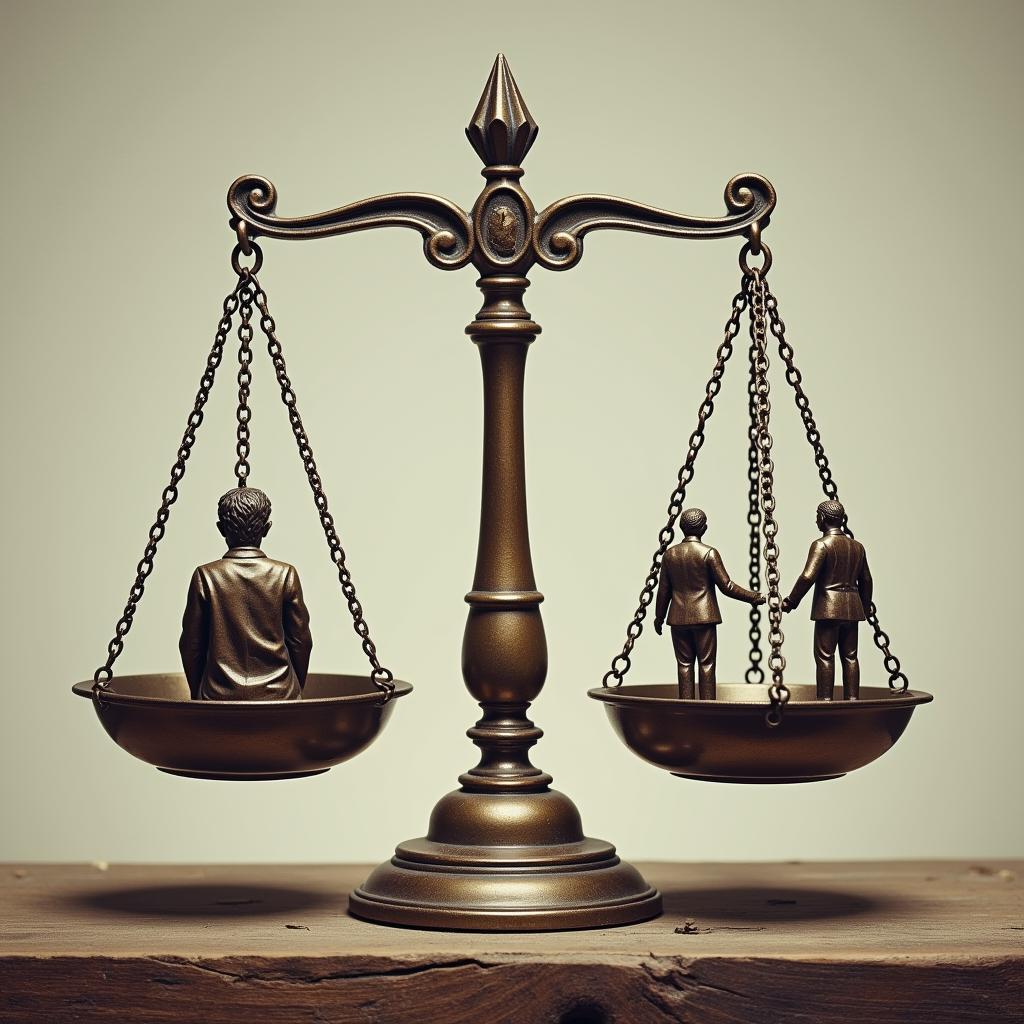Man versus society is a classic literary and sociological conflict that explores the tension between individual desires and societal expectations. This struggle, often depicted in literature, film, and real-world events, highlights the challenges individuals face when their beliefs, values, or actions clash with the norms and rules established by their community or culture. It’s a complex dynamic that has fascinated thinkers for centuries, shaping our understanding of human nature and social structures. Let’s delve deeper into this enduring conflict.
Understanding the Core of Man Versus Society
The “man versus society” conflict revolves around the friction between individual autonomy and social order. Individuals, driven by their unique perspectives and aspirations, often encounter resistance when these desires deviate from the established norms of society. This conflict can manifest in various forms, from subtle disagreements to outright rebellion. It’s important to remember that “man” in this context represents any individual, regardless of gender. The conflict highlights the inherent tension between personal freedom and collective responsibility. For instance, someone advocating for social change might find themselves at odds with traditional institutions, as seen in the struggle for civil rights. The conflict can be internal as well, with individuals grappling with the pressure to conform versus the desire to express their individuality. This internal struggle is often a key element in coming-of-age stories, where young people navigate the expectations of their families and peers while trying to define their own identities.
After the initial introduction to the individual’s position within society, the concept of “man versus society” takes on deeper meanings. The very structure of a society, with its institutions and established norms, can feel oppressive to those who don’t conform. This oppression can take many forms, from subtle social pressure to outright legal sanctions.
Examples of Man Versus Society in Literature and Film
Literature and film offer a rich tapestry of examples that illustrate the complexities of man versus society. Think of Winston Smith in George Orwell’s 1984, rebelling against the totalitarian control of the Party. His struggle embodies the conflict between individual freedom of thought and the oppressive power of a controlling state. Another powerful example is found in Harper Lee’s To Kill a Mockingbird, where Atticus Finch challenges the deeply ingrained racial prejudice of his community. His defiance of social norms underscores the moral courage required to stand up for justice. From classic literature to contemporary films, these narratives provide valuable insights into the different facets of this conflict. They explore the motivations of individuals who challenge the status quo and the societal forces that seek to maintain order. These stories also highlight the potential for both positive and negative outcomes, ranging from societal transformation to tragic individual consequences.
 Man Versus Society Examples in Literature and Film
Man Versus Society Examples in Literature and Film
The Societal Impact of Individual Defiance
When individuals challenge societal norms, the impact can be profound and far-reaching. These acts of defiance, whether large or small, can spark social movements, inspire legislative changes, and reshape cultural values. Rosa Parks’ refusal to give up her seat on a bus ignited the Civil Rights Movement, demonstrating the power of individual action to challenge systemic injustice. Throughout history, individuals who dared to question and confront established norms have been catalysts for significant social progress. Their courage often comes at a price, as they may face ostracism, persecution, or even violence. However, their actions can inspire others to join their cause and create a collective force for change.
Navigating the Conflict: Finding Balance and Harmony
The “man versus society” conflict doesn’t always necessitate a winner or loser. Finding a balance between individual expression and social harmony is a continuous process that requires empathy, dialogue, and a willingness to compromise. Societies that value individual freedom while upholding the common good can foster environments where constructive dissent and social progress can thrive. This requires creating spaces for open communication and respectful debate, even on controversial issues. Building bridges between differing perspectives can lead to more inclusive and just societies.
What are the different forms of “man versus society” conflict?
“Man versus society” can manifest as subtle disagreements, peaceful protests, or outright rebellion against established norms.
How can societies promote both individual freedom and social harmony?
By fostering open communication, encouraging respectful debate, and valuing individual expression while upholding the common good.
 Balancing Individuality and Society
Balancing Individuality and Society
Is “man versus society” always a negative conflict?
Not necessarily. While it can lead to negative consequences, it can also be a catalyst for positive social change and progress.
What role does literature and film play in exploring this conflict?
They provide valuable insights into the complexities of the conflict, highlighting the motivations of individuals and the societal forces at play.
How can individuals navigate this conflict effectively?
By understanding their own values, engaging in respectful dialogue, and seeking common ground with others.
What are the potential consequences of challenging societal norms?
Individuals may face ostracism or persecution, but their actions can also inspire positive social change.
Can “man versus society” conflicts be resolved?
Resolution often involves finding a balance between individual needs and societal expectations through compromise and understanding.
In conclusion, the “man versus society” conflict is a complex and multifaceted dynamic that shapes our individual experiences and the evolution of societies. Understanding this tension, fostering open dialogue, and seeking common ground are crucial for building a more just and peaceful world. By embracing diversity and promoting inclusivity, we can create societies where individual expression and social harmony can coexist.
FAQ
- What does “man versus society” mean?
- Can you give examples of “man versus society” in literature?
- How does this conflict contribute to social change?
- What are the potential dangers of challenging societal norms?
- How can individuals and societies navigate this conflict peacefully?
- What are some famous historical examples of this conflict?
- How does “man versus society” relate to current events?
Need support? Contact us 24/7: Phone: 02043854663, Email: [email protected], or visit us at Zone 34, Bac Giang, 260000, Vietnam.